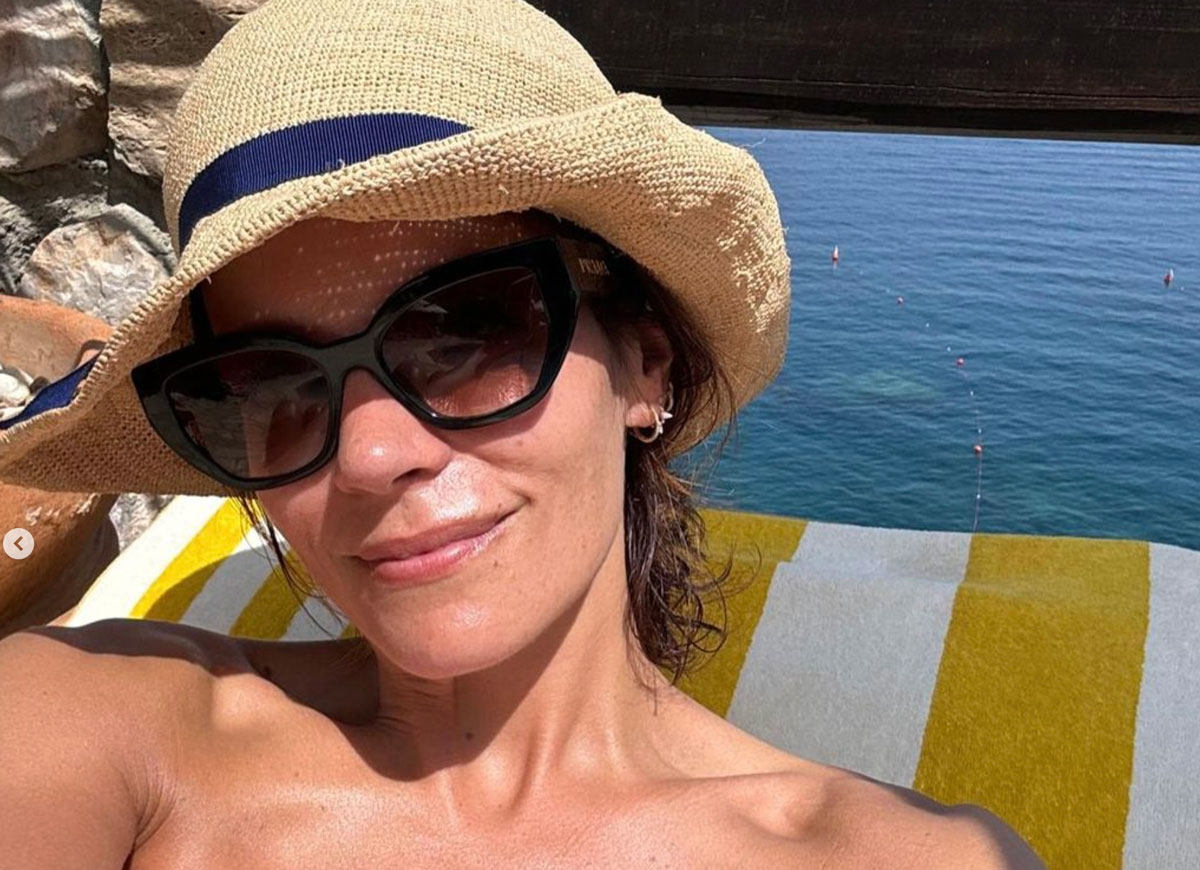Britney Spears Forced To Keep IUD By Conservator
Britney Spears addressed the court on Wednesday and spoke about how she’s been affected by a 13-year conservatorship. The singer spoke for 20 minutes, revealing many shocking details about her situation. One detail in particular resonated with fans and activists – Spears’ revelation that she has been forced to wear an IUD to prevent pregnancy.
During the hearing, she said, “I want to be able to get married and have a baby. I was told right now in the conservatorship, I’m not able to get married or have a baby. I have (an) IUD inside of (me) right now, so I don’t get pregnant.”
She continued saying, “I wanted to take the IUD out, so I can start trying to have another baby, but this so-called team won’t let me go to the doctor to take it out because they don’t want me to have any more children.”
Spears’ statements went viral on Twitter; There were more than a million tweets about her in 24 hours. Her pleas drew the specific attention of activists who say Spears’ case is an example of the intersection between reproductive and disability rights.
https://twitter.com/Sio_and_Tell/status/1408018636338601984?ref_src=twsrc%5Etfw%7Ctwcamp%5Etweetembed%7Ctwterm%5E1408018636338601984%7Ctwgr%5E%7Ctwcon%5Es1_&ref_url=https%3A%2F%2Fwww.usatoday.com%2Fstory%2Flife%2Fhealth-wellness%2F2021%2F06%2F24%2Fbritney-spears-conservatorship-forced-iud-and-disability-reproductive-rights%2F5333756001%2F
Judy Mark, president of Disability Voices United, said that a person under a conservatorship has “fewer rights than someone who is in prison.” She added, “They cannot make even the most basic choices in their lives, like who they spend time with, where they live, who they can have a relationship with.”
Spears’ conservatorship, which is largely managed by her father, began in 2008 after the star had a public breakdown. In 2020, her lawyer told the court that she “is afraid of her father.”
Advocates have noted that cases like Spears’, where reproductive limitations are imposed, are not entirely uncommon.
Attorney Leah Goodridge echoed this sentiment and said, “This story about regulation, misogyny and who we deem ‘able-bodied’ is deeply rooted in American history.”
RELATED ARTICLES
Get the most-revealing celebrity conversations with the uInterview podcast!








Leave a comment